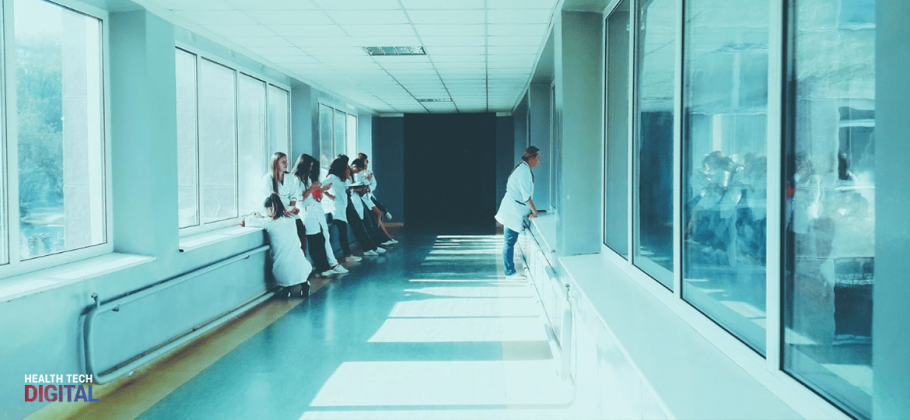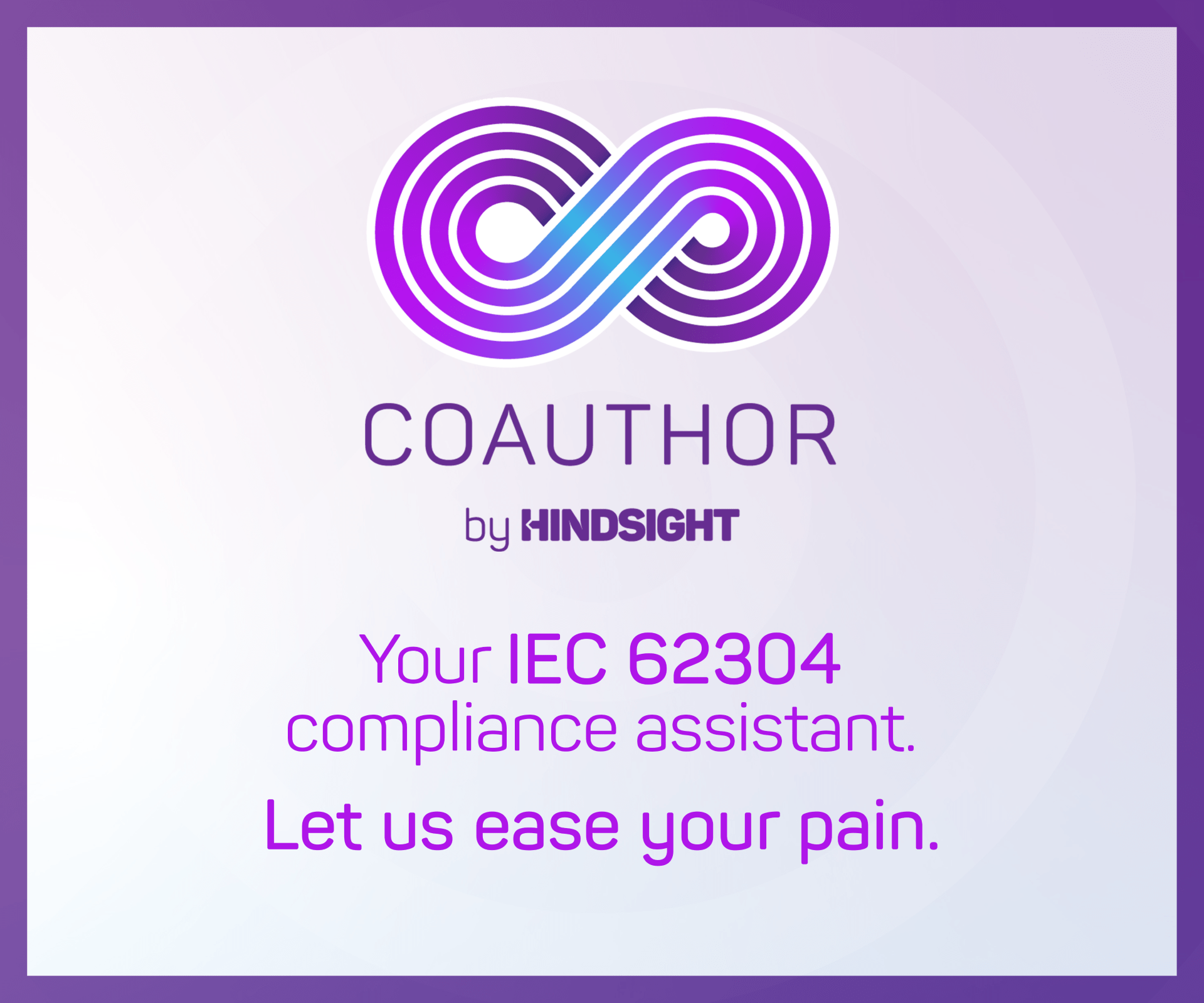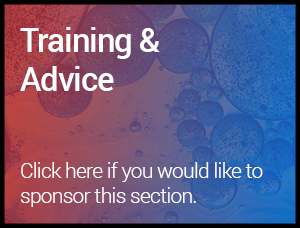The NHS, and many healthcare systems across the globe, have a complicated relationship with technology.
For years the rhetoric from leaders and politicians has been emphatic: new technology offers nothing but opportunity for healthcare systems. But underneath the rhetoric there is doubt, fear and a lack of understanding.
For some, there’s a fundamental distrust of technology in healthcare. It’s an instinctive and primeval perspective that pitches man against machine – and it’s a widespread problem. We only need to look at how slowly the NHS is digitising to see the power of this perspective.
For others though, the problem is almost institutional. At a time of unprecedented patient demand coupled with ever-tightening budgets, technology is a distraction for time-poor employees. With backs against the wall, tech is an unneeded distraction.
The root cause in almost all cases? A lack of understanding.
What smart tech can do for healthcare
The value of smart tech – that is, technology that makes decisions or automates processes based on what it detects or senses – can be seen throughout a multitude of industries.
There are now over 12 million smart energy meters installed in businesses and homes throughout the UK. And there are around 1.5 million smart thermostats now in UK homes. Meanwhile, driverless ‘smart’ cars and even smart fridges are also on the horizon – as well as a host of other ground-breaking technologies.
But in healthcare, the early inroads smart technologies are making are no less ground-breaking.
The AdhereTech medicine bottle uses sensors that capture patient use. This data is then compared to whatever the prescribed dosage is and automatically fed back to the patient’s doctor. It can even trigger flashing lights or sounds if the patient has made a mistake with their dosage. Adherence to prescriptions is a costly problem for healthcare systems – and this technology could solve it.
But smart tech has gone one further and created the smart pill. These pills, on contact with stomach acids, send information to a connected device. This can help avoid overdoses – but looking further ahead, it could easily monitor vital signs like heart and breathing rates. There are also smart earbuds and hearing aids that perform similar duties, potentially allowing patients to be monitored remotely with a minimum of fuss.
In all cases, the benefits are around automation. If technology can automate repetitive processes more accurately, the advantages couldn’t be clearer. Better still, if automation can start outside the hospital or GP surgery, the potential to lessen patient demand is huge.
Why tech-led change is difficult in the NHS
In the aftermath of the WannaCry cyber-attack on the NHS in 2017, some GPs and healthcare professionals reacted by advocating a return to pen and paper. To them, this was a confirmation of what they’d always believed: machines can’t be trusted with patient data. The more widespread – and more positive reaction – was in fact to realise that the NHS’s digital defences needed to be bolstered.
The point is, tech can be a hard sell in the NHS because it isn’t always trusted in the first place. And our story can paint a similar picture.
At Clarity we develop workforce technology that makes planning, rostering and managing bank and agency staff more efficient. And we’re not unlike the smart tech newcomers to the healthcare sector.
We’re doing things differently, challenging legacy systems, shedding new light on data and making staffing processes slicker. Inherent in what we do is the automation and speeding up of certain processes, and the better, faster use of data. We let trusts see data they haven’t seen before – in real time, whenever they want it. We automate payroll and compliance processes that have been a time-consuming burden for years. We offer change, on a big scale.
And just like for some of the smart tech newcomers, change on this scale can cause unease. As we all know, the NHS moves slowly – and technology doesn’t. For some trusts, the change is almost too big, and too fast. The benefits appear almost too good to be true. But as we’ve consistently proved through the trusts we have worked with, the benefits tend to be even greater than first imagined.
As with many tech innovators, we’re showing the healthcare industry the future. And for those providers with behaviours and practices rooted in the past, it can be an unsettlingly big leap forward. Nonetheless, for those brave enough to embrace technology as an enabler, it could truly be transformative – whatever problem it happens to solve.
Article source: Clarity














